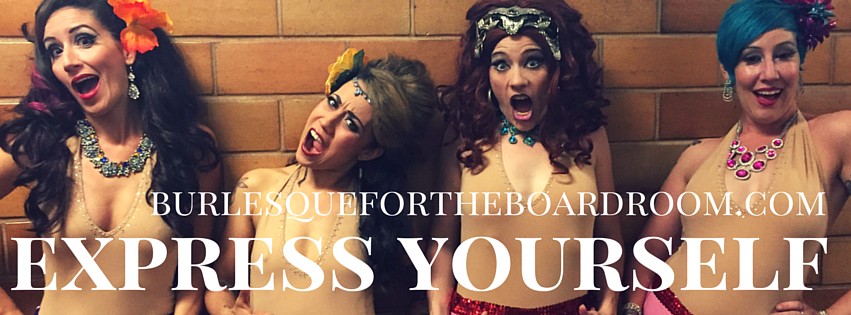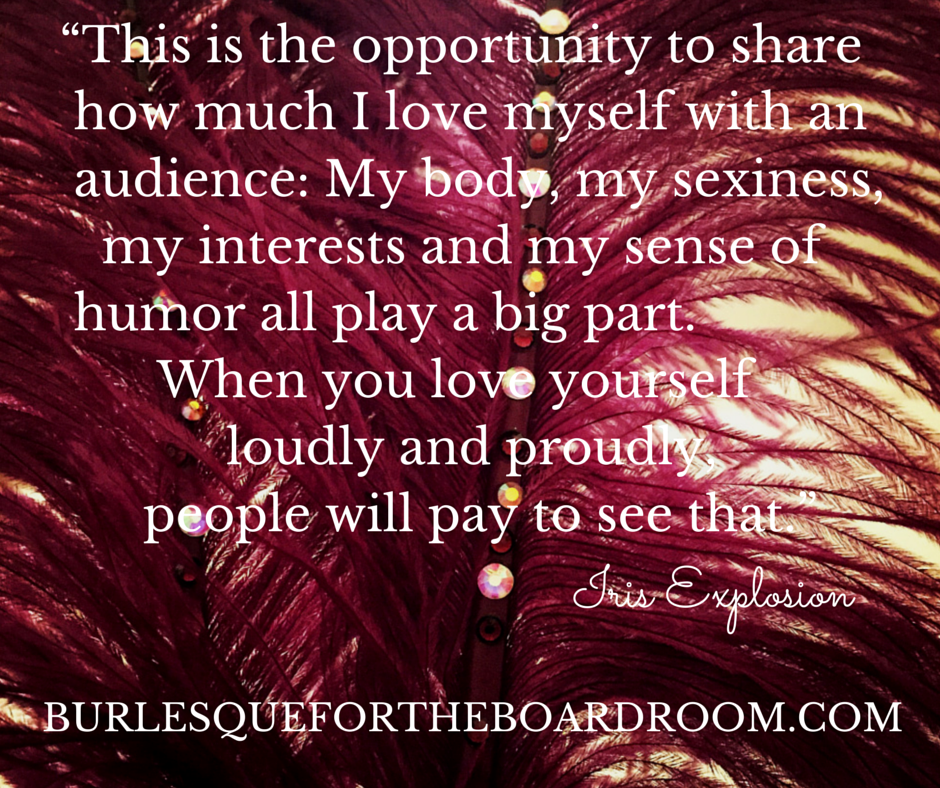To address this, first, it helps to identify what you mean by touchy-feely. What is that you don’t like about people who seem too touchy feely? Is it word choice, tone, or something else? Take a cue from previous blog and be behaviorally specific.
What's uncomfortable for me about being touchy-feely comes down to a few things:
1) Range of emotions
2) Responsibility for emotions
3) Emotion management
4) Emotions + everything else
Range of emotions - I get squeamish when someone doesn't have a range of emotions. For example, if they only ever feel/express happiness. Or sadness. Or helplessness. It's difficult for me to trust and relate to someone who doesn't feel the broad range of human emotions.
Responsibility for emotions - It's frustrating to me when people don't take responsibility for their feelings. "Made me feel" is commonly used language where one person might blame the way they feel on another person. While what others do undoubtedly influences my feelings, I believe that I am the one who has true authority over them. I think having agency over my emotions is an important part of my personal power.
Emotion management - Feelings come in all shapes and sizes. I feel uncomfortable when there is not a balance of emotional expression, and when a person has a difficult time self-regulating. Sometimes I experience feelings with the intensity of a size 10. Other times they might be a size 2. If my coffee gets cold, we're probably looking at a size 1 emotion. If my hot coffee spills all over my lap, we're likely looking at a size 8 emotion. The degree of intensity of my emotions shifts depending on the stimulus and environment. If I do have a size 9, I want to be able to self-regulate...or calm down. Sometimes you need to rally your emotions, while other times you need to temper them. Being able to change and regulate how you express yourself emotion management.
Emotions + everything else - Finally, it bothers me when others only express emotions and don't integrate a more holistic perspective of self-awareness. People who rely solely on feelings are missing information from their thoughts, physical body cues, data, intuition, desires and relationships.
That is what being too touchy-feely means to me. What specifically does it mean to you?
Next ask yourself: what are the concerns you have about appearing touchy-feely? Write down your list of fears – what are you worried will happen if you are judged as too touchy-feely? What would it mean to you if that fear came true? What would the result be on your job, relationships, etc.?
Now, write down your list of what you wish would happen instead? What is your ideal scenario for being able to express yourself? How do you want others to respond to you?
Here are three tips you can use to express yourself confidently.
- Use short sentences, 3-6 words when expressing yourself: “I feel ____.” Be concise.
- Follow up your statement of emotion with a want or will. A want is a request or desire. Awill is something that you are going to do. For example: I feel frustrated and stressed. I want to take a break to clear my head. I am going for a walk.
- Remember your ideal scenario? Ask for it from your colleagues. For example, ask your manager for a specific response (hear me out, help me process this situation, etc.). Let the other person know how you want them to respond. You may not always get the response you want, but asking for it will let the other person know how they can support you.
There are two words you need to eliminate from your vocabulary to help you think more clearly, express yourself in a more grounded way, and gain influence. Those two words are: “feel like.”
It's important to be able to differentiate between your thoughts from your feelings, and to be able to clearly express them to others. Typically, when you hear someone say feel like they are expressing a thought, not an emotion.
In casual conversation, you probably hear this language all the time. When you are in a leadership role, however, you want to take a clear stand for what you think and what you feel. Feel like can be used as a metaphor to help describe a complex situation, however you should still do your best to clearly define how you feel.
When you eliminate feel like and replace it with ‘I think..’ and ‘I feel..’ you are taking verbal responsibility for your thoughts, emotions and desires. Here are a couple examples:
- I feel like I should get going. – I’m tired, and feel concerned about leaving my dog at home for so long. I am going to get going.
- I feel like she crossed the line. – I feel frustrated by what she did. I think she crossed a personal boundary of mine and I want to talk with her about it to clear things up.
The benefits of using clearer language are extensive. It can help in negotiations, conflicts, and increasing trust in your personal and professional relationships. Try out these tips the next time you want to express yourself.


 RSS Feed
RSS Feed
